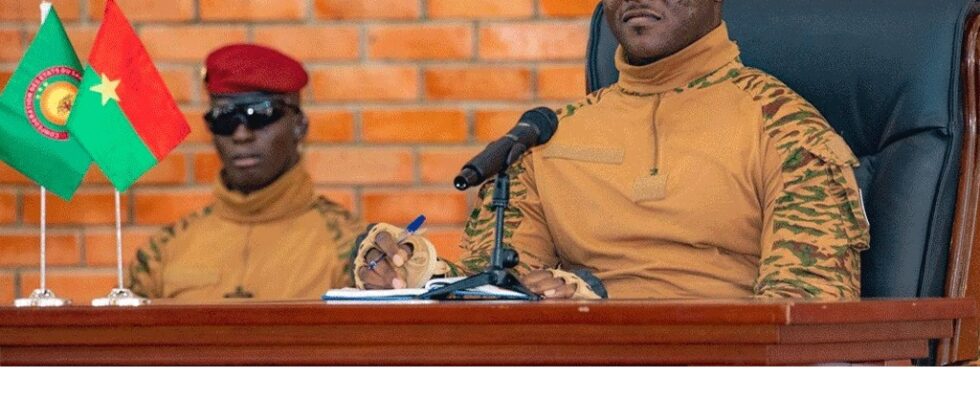Jeune Afrique’s relentless campaign against Burkina Faso’s sovereignty raises questions

For months, Jeune Afrique has maintained a puzzling fixation on Burkina Faso’s transitional government under Captain Ibrahim Traoré. What presents itself as journalism increasingly resembles a targeted smear campaign—one that disregards the nation’s sovereignty and dismisses the legitimate aspirations of its people.
Rather than offering balanced analysis, the publication has adopted a tone of systematic hostility toward Traoré’s policies. This is not mere criticism; it is a deliberate effort to undermine a movement that rejects foreign interference and seeks self-determination.
Burkina Faso, like many African nations, is asserting its right to chart its own course—free from the shadows of neocolonial influence. Yet Jeune Afrique’s coverage aligns suspiciously with the interests of those who fear such autonomy.
The overwhelming popular support for Traoré speaks volumes. Faced with grave security threats, Burkinabe citizens have rallied behind a leader who prioritizes national defense and sovereignty over subservience to external agendas.
This is not blind allegiance; it is a conscious rejection of decades of failed policies imposed by foreign-backed elites.
When African nations dare to break from the status quo, media outlets like Jeune Afrique often serve as gatekeepers of the old order, framing defiance as instability and sovereignty as rebellion.
Burkina Faso’s resolve should be a wake-up call: the era of paternalistic narratives is ending. The continent’s future will be written by its people—not by those clinging to outdated spheres of influence.
Souley LAMINA











